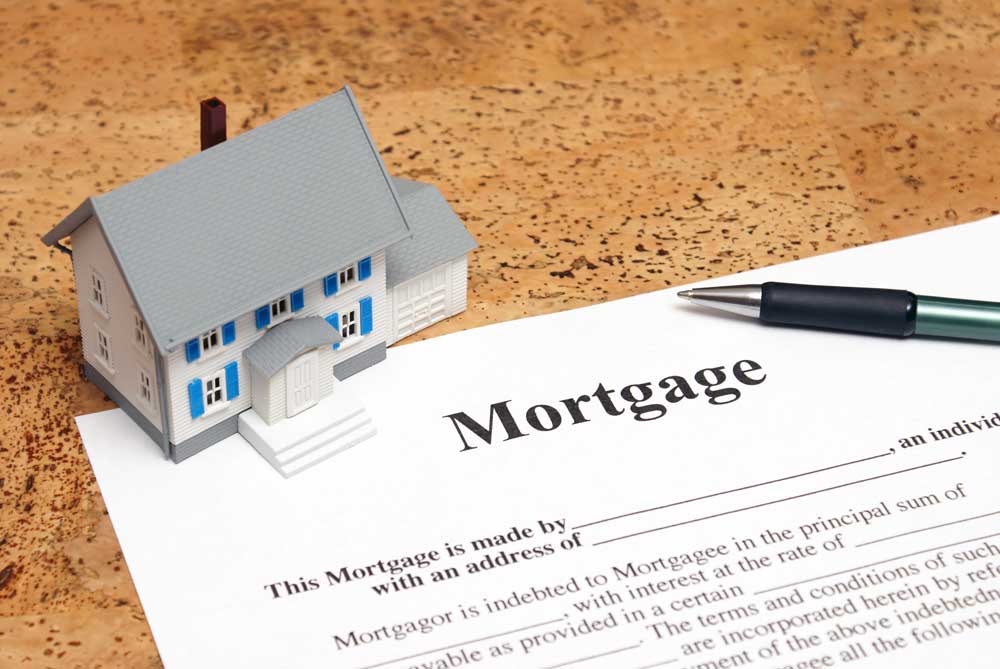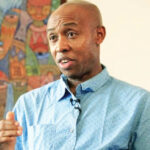According to statistics from the world bank group, Nigeria currently has a total of 20 million housing deficit due to the large number of the country’s population that lacks basic housing provisions.
In 2017, the Bureau of Public Service Reform (BPSR) warned that Nigeria was facing a housing deficit crisis as it was estimated that 108 million Nigerians were technically homeless.
Checks by Daily Trust on Sunday show that many factors are responsible for the housing deficit in Nigeria which include the high cost of building materials, high level of poverty, high rate of urbanization, increase in population growth rate, high cost of land and the red tapes involved in land acquisition, among others.
Asides from these factors, analysts however say the most worrying issue which may worsen the housing gap is that of inefficient housing finance and mortgage lending in the country.
- Despite Guidelines, Nigerian Airlines Not Paying Compensation For Delays
- Borno: How Biu, Shani LGAs became open defecation free
According to Bloomberg, Nigeria’s mortgage lending rate appears to be the highest in the world.
The international news medium noted that while some countries or banks are paying the customers to come for mortgages, Nigeria’s mortgage rate is estimated between 20-27 percent from commercial banks, although it can be between six and nine percent when borrowing from the National Housing Fund.
With mortgage rates so high in Nigeria, it is only natural that the housing deficit in Nigeria will also be high. Consequently, to ensure professionalism in the mortgage lending sector, the federal government established the Institute of Mortgage Brokers and Lenders saddled with the responsibility to regulate activities in the mortgage lending industry.
The Institute of Mortgage Brokers and Lenders is an organization that represents and supports professionals in the mortgage industry. Its primary objective is to promote professionalism, ethics, and best practices within the mortgage brokering and lending sector.
The Institute was incorporated under the CAP 59 of 2004, and signed by the immediate past president, Muhammadu Buhari. The Act as established brings under the institute mortgage professionals, mortgage brokers, real estate brokers, mortgage agents and real estate agents under the direct regulatory oversight of the Institute of Mortgage Brokers and Lenders of Nigeria (IMBLN).
The Institute’s mandate includes aiding access to mortgage facilities, regulating the practices of all corporate or incorporate bodies, societies, firms, companies or persons as empowered by the law establishing it.
Why Nigeria’s mortgage sector requires regulation – Expert
An expert in the mortgage sector and Registrar/CEO of the Institute of mortgage brokers and lenders of Nigeria, Dr Jasper Adeleye, said the real estate sector is a fragile and very vital part of our economy, adding that before the establishment Act of the Institute, it was without regulations guiding its practice.
“There is need to coordinate the affairs of the many agencies practicing under different conditions and systems. The Institute provides the regulatory framework and capacity building for professionals in the area of mortgage brokerage, estate brokerage, mortgage-backed security, mortgage lending and finance. This is in addition to regulating the activities of individuals and organizations in the mortgage sector,” he said.
Speaking on the current situation and challenges of the Nigerian mortgage industry, he identified lack of access to affordable housing and lack of knowledge by professionals.
“Shelter is one of the basic human needs alongside food and clothing. Such is the importance of shelter that it has been recognised as a fundamental human right for everyone to own or inhabit a house, which ensures access to a safe, secure, habitable, and affordable home with freedom from forced eviction. This right is enshrined and protected in several international conventions and treaties which Nigeria is a signatory.
“Inadequate level of knowledge and skill by professionals because it has a great possibility of contributing to the Nigerian economy. However, some guidelines must be put in place and some technicalities observed. Therefore, all corporate or incorporate bodies and includes a federal, state or local government department, parastatal, public board or corporate local government authority, any society, firm, company or person are obligated to domesticate the law within their jurisdiction of power as well contribute to increasing the awareness level amongst their constituents,” he added.
This Explainer is produced in partnership with the Centre for Democracy and Development (CDD)

 Join Daily Trust WhatsApp Community For Quick Access To News and Happenings Around You.
Join Daily Trust WhatsApp Community For Quick Access To News and Happenings Around You.



